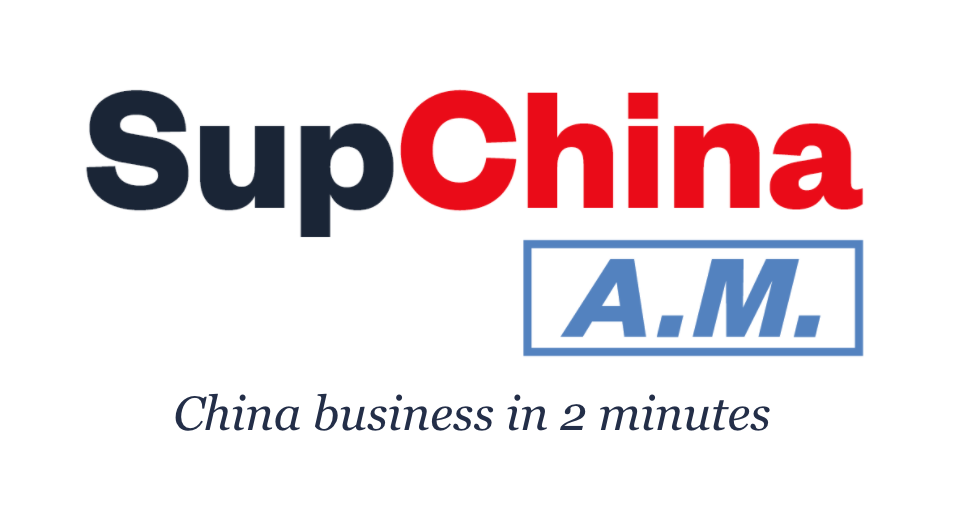Oppo is on a roll with smart glasses, a foldable phone, and its own chip
A story from the The China Project A.M. newsletter. Sign up for free here.

“The smartphone industry has hit a wall,” Oppo’s chief product officer Pete Lau (刘作虎 Liú Zuòhǔ) said last week. Faster internet, faster charging, and better cameras aren’t enough; his company plans to compete at the forefront of smartphone innovation:
- Today it’s slated to announce a foldable phone, an answer to the Samsung Fold and Huawei Mate.
- Yesterday it unveiled a new smartphone chip that is less meaningful for its conventional improvements — faster image processing, less energy consumption — and more so for the fact that it was self-designed. That puts Oppo in the company of Apple, Vivo, and other handset makers designing their own silicon.
- Perhaps most exciting is the Air Glass, its smart glasses also announced yesterday, whose screen snaps magnetically onto a sleek, minimal glasses frame. Along with smartwatch-like functions, users can dismiss notifications by shaking their head and see a live translation when listening to a different language.
The context: Battered by U.S. sanctions and export restrictions, Huawei has gone from occupying half of China’s phone market to just 10%. In its absence, Vivo and Oppo are both gunning for leadership, with 23% and 20% shares in Q3, respectively. Xiaomi is also in the running with 14% this past quarter, along with Honor, a spinoff of Huawei, with 15%.
- One thing that could hold Oppo back: it still can’t produce its self-designed chips in China, instead, like Alibaba, it must contract Taiwan’s TSMC.
- That’s where geopolitics comes into play: As long as Chinese consumer brands rely so heavily on overseas manufacturing for their core technology, there’s the possibility that China’s new market leader could end up as the next Huawei.
Key question: Will Oppo’s products, especially the Air Glass, be innovative enough to make non-Chinese consumers say “I need that”?






